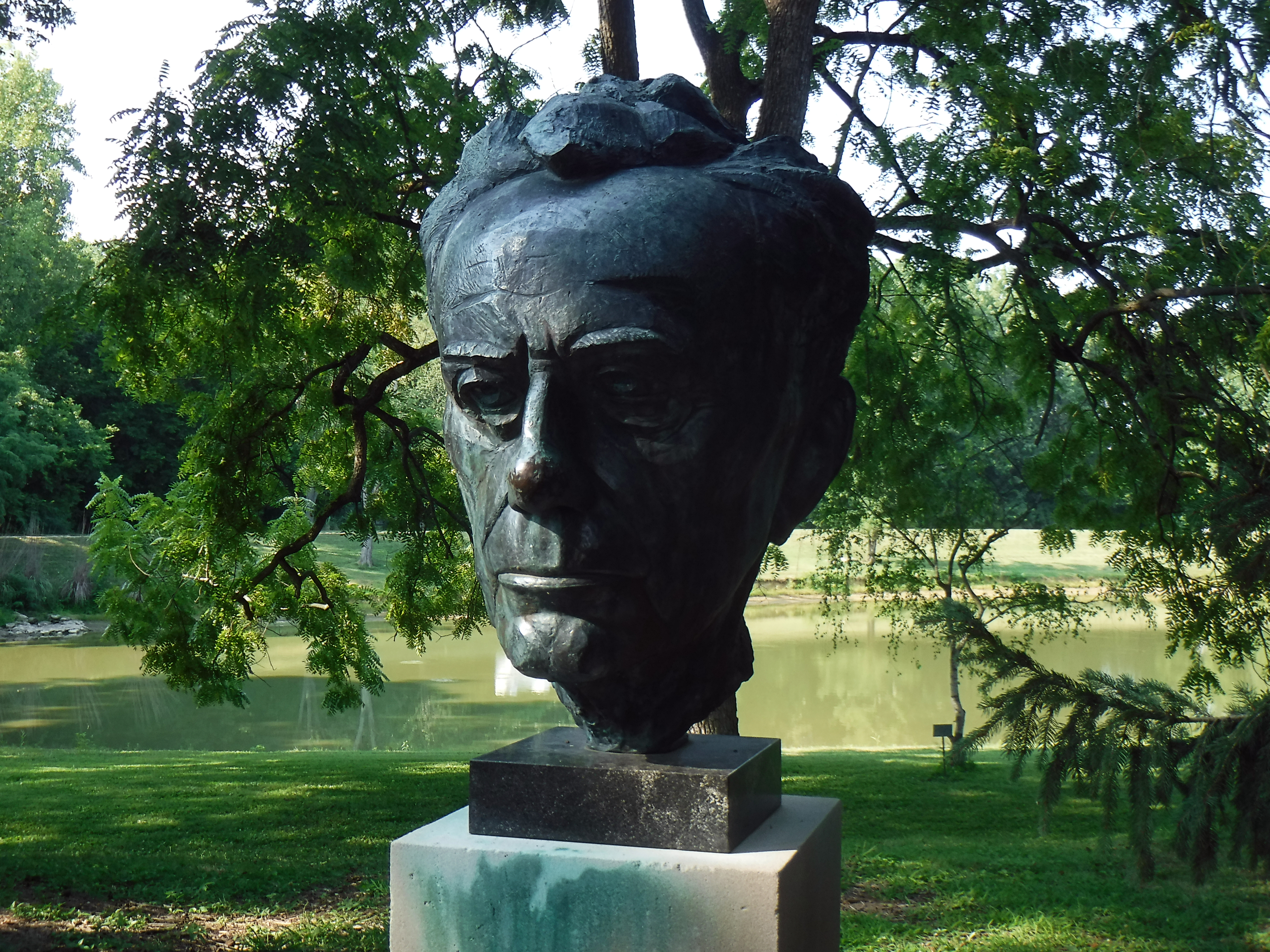Пауль Тиллих знаменитые цитаты
„Духовность означает единство динамики и формы в нравственных и культурных актах человека.“
«Систематическая теология»
„Откровение — это проявление тайны бытия для когнитивной функции человеческого разума.“
«Систематическая теология»
Пауль Тиллих Цитаты о Боге
„Бог не существует. Бог — это само-бытие помимо сущности и существования.“
«Систематическая теология»
Пауль Тиллих цитаты
о Жан-Поле Сартре
„Крест Христов — это крест того, кто преодолел смерть экзистенциального отчуждения.“
«Систематическая теология»
„Лютер акцентировал именно Оправдание, а пиетисты и методисты — Возрождение.“
«Систематическая теология»
„Миф и культ связаны между собой столь прочно, что их обособление даже и вообразить невозможно.“
«Систематическая теология»
„Эстетизм лишает искусство его экзистенциального характера.“
«Систематическая теология»
„Если Библию назвать Словом Божиим, то теологической путаницы почти не избежать.“
«Систематическая теология»
Пауль Тиллих: Цитаты на английском языке
Источник: The Courage to Be (1952), p. 127
Источник: Systematic Theology, Vol 2: Existence and the Christ
Контексте: Plato … teaches the separation of the human soul from its “home” in the realm of pure essences. Man is estranged from what he essentially is. His existence in a transitory world contradicts his essential participation in the eternal world of ideas.
“The courage to be is rooted in the God who appears when God disappears in the anxiety of doubt.”
The Courage to Be (1952)
The Protestant Era (1948)
Dynamics of Faith (1957)
Systematic Theology (1951–63)
Контексте: The question now arises: What is the content of our ultimate concern? What does concern us unconditionally? The answer, obviously, cannot be a special object, not even God, for the first criterion of theology must remain formal and general. If more is to be said about the nature of our ultimate concern, it must be derived from an analysis of the concept “ultimate concern.” Our ultimate concern is that which determines our being or not-being. Only those statements are theological which deal with their object in so far as it can become a matter of being or not-being for us.
“There is no truth without the form of truth, namely justice.”
Источник: Love, Power and Justice (1954), p. 21
Chap. 2: The New Being
The New Being (1955)
“Without the eros toward truth, theology would not exist.”
Источник: Love, Power and Justice (1954), p. 31
“Even loneliness is not absolute loneliness because the contents of the universe are in him.”
Источник: The Courage to Be (1952), p. 121
Chap. 1: "To Whom Much is Forgiven..."
The New Being (1955)
Источник: Love, Power and Justice (1954), p. 4
Chap. 1: "To Whom Much is Forgiven..."
The New Being (1955)
"Philosophy and Fate"
The Protestant Era (1948)
